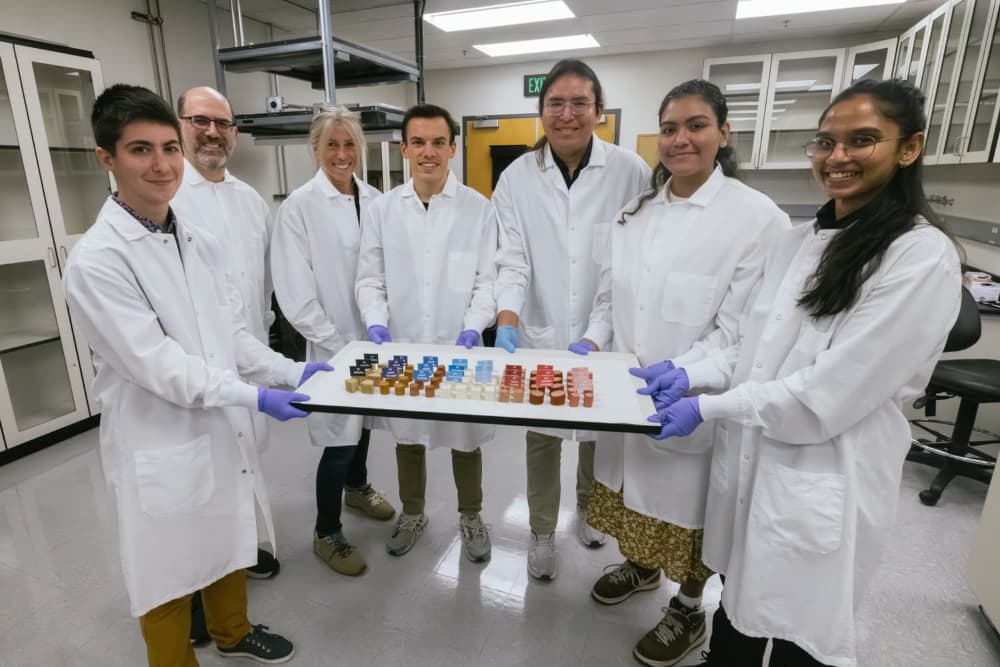Stanford engineers develop AI-driven texture analysis for plant-based meats
Stanford University researchers have combined mechanical testing and machine learning to quantitatively assess the texture profiles of plant-based and animal-derived meat products. Their novel three-dimensional testing approach, validated against human sensory data, demonstrates that current plant-based alternatives can successfully replicate the textural characteristics of conventional meat products across multiple parameters.
Mechanical testing meets machine learning
A Stanford engineering team has introduced a new approach to food texture analysis that could accelerate the development of more convincing meat alternatives. The research, led by Professor Ellen Kuhl, demonstrates that mechanical testing coupled with machine learning can characterise food texture with accuracy comparable to human sensory panels.
Traditional food testing methods have historically lacked standardisation, with results often kept proprietary, hampering scientific collaboration in plant-based product development. The Stanford team’s methodology provides a quantitative framework for texture analysis, incorporating three-dimensional testing that simulates mastication forces.
The researchers subjected eight products to comprehensive testing: conventional and plant-based versions of hot dogs, sausages, and turkey, alongside two varieties of tofu. The testing apparatus applied pulling, pushing, and shearing forces to simulate chewing mechanics.
Neural network processing yields promising results
The team developed a specialised neural network to process the mechanical test data, generating equations that describe the materials’ properties. To validate these mathematical models against human perception, they conducted sensory evaluations where participants rated products across 12 texture categories, including softness, chewiness, springiness, and meat-like qualities.
“What’s really cool is that the ranking of the people was almost identical to the ranking of the machine,” said Professor Kuhl. “That’s great because now we can use the machine to have a quantitative, very reproducible test.”
Plant-based products show mechanical equivalence
The mechanical analysis revealed that plant-based hot dogs and sausages exhibited remarkably similar behaviour to their animal-derived counterparts in all three testing modes, with comparable stiffness profiles. However, plant-based turkey displayed twice the stiffness of conventional turkey, while tofu showed significantly lower stiffness than the meat products.
Data sharing to foster innovation
The researchers have made their data publicly available online, aiming to foster collaborative innovation in the field. “Historically, some researchers, and especially companies, don’t share their data and that’s a really big barrier to innovation,” said PhD student Skyler St. Pierre, the study’s lead author.
What the future holds
The team continues to expand their testing programme, with current work including analysis of deli meat alternatives. They are also planning to evaluate engineered fungi products developed by Stanford’s bioengineering department. Professor Kuhl has extended an open invitation to test additional plant-based meat products against their methodology.
The research has particular significance given the environmental impact of conventional meat production. Studies indicate that plant-based alternatives typically generate half the environmental impact of animal-derived products, though consumer acceptance remains a significant hurdle, with only approximately one-third of Americans expressing strong likelihood to purchase plant-based alternatives.
Reference
St. Pierre, S., et al. (2024). The mechanical and sensory signature of plant-based and animal meat. npj Science of Food. https://doi.org/10.1038/s41538-024-00330-6




